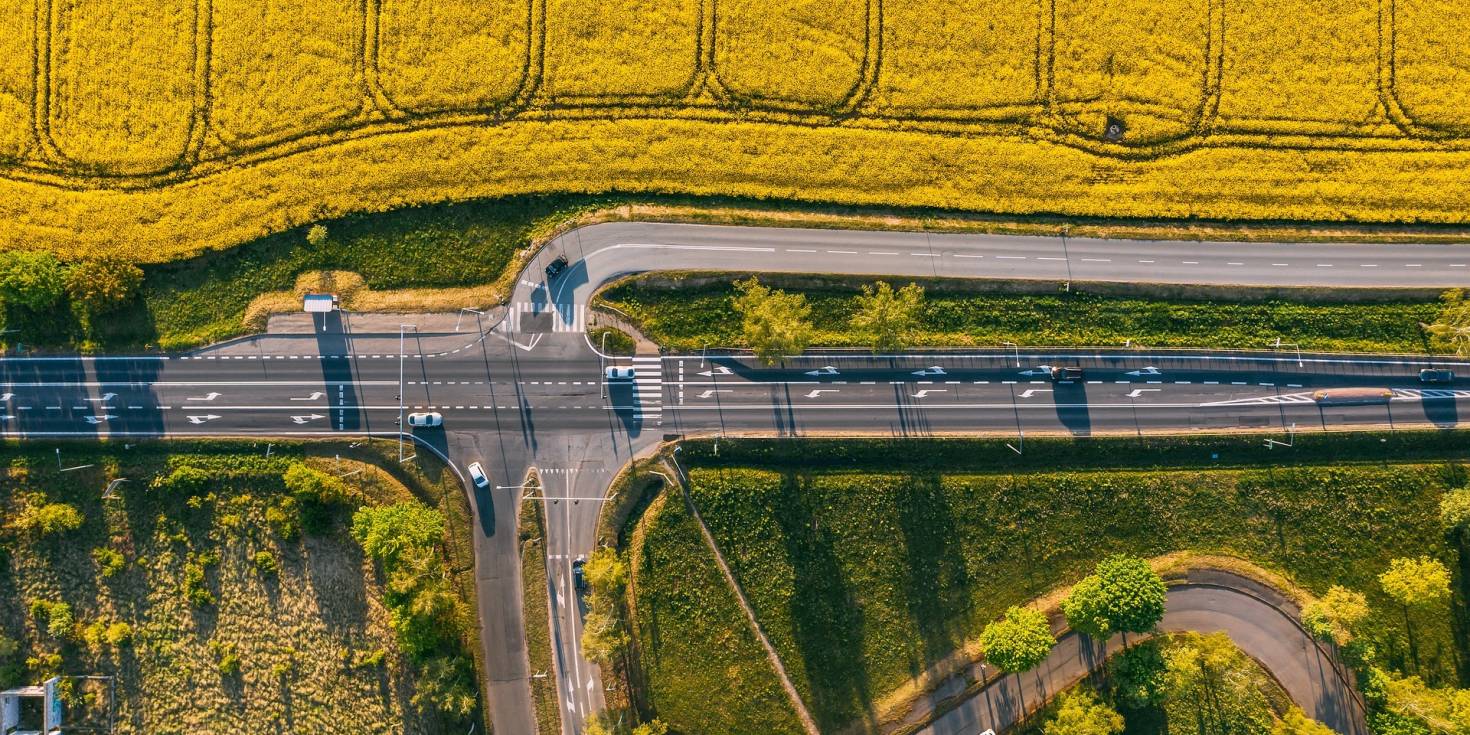
Whether you're a real estate buyer, seller, or owner, understanding land use and property types are essential. Check out these common land types and land use definitions.
Jay Mark Hendrix Updated May 22, 2024
Real estate terms get thrown around every day, assuming everyone knows what they mean. But this isn’t always the case. A lot of the lingo might sound simple, but sometimes there’s more to it than meets the eye. Land use is a great example. Whether you’re a land buyer, seller, or owner, understanding land usage and types are extremely important. Here’s what you need to know about land use including definitions, why it’s important, and the most common types of property.
Land use describes the relationship between people and land. It’s what it sounds like—how a piece of land is being used. It’s the intent people apply to the land available to them. A more specific land use definition is the characterization of actions people apply to land for various purposes. This is often dictated by the natural resources the land provides and historical use. It can also be enforced from various jurisdictions in an effort to control real estate development and for future land use planning.
Who cares about land use and types of land? Well, we all should, and here’s why. People buy land for a reason. If you’re a land buyer and you find the “perfect” property, it’s of the utmost importance to make sure you can do what you want with it. Once you figure out the land use, it might not be so perfect after all. In other words, if you want to build a house, make sure you can. If you’re looking for a farming operation, make sure the land is designated for agricultural land use. You get the idea. If you're considering purchasing land, head over to our blog for a step-by-step guide on how to buy land. Let’s say you’re trying to sell your land. Land usage also matters because it can be a major determining factor in the value of the property. On average (of course, there are exceptions), a commercial lot will have a higher market value than a residential lot of the same size. Why? Because of what the land can be used for. One will more than likely be used to generate revenue and attract a lot of traffic, while the other will just be lived in. So if you’re a land seller, land use can help you put the right price tag on your property as well as get it in front of the right buyer pool. Current land use can also help predict future land use patterns. Understanding how a parcel of land was used in the past is a pretty good indicator of how it’ll be used in the future. Also, how a property is being used will often tell you how adjacent properties are and will be used.
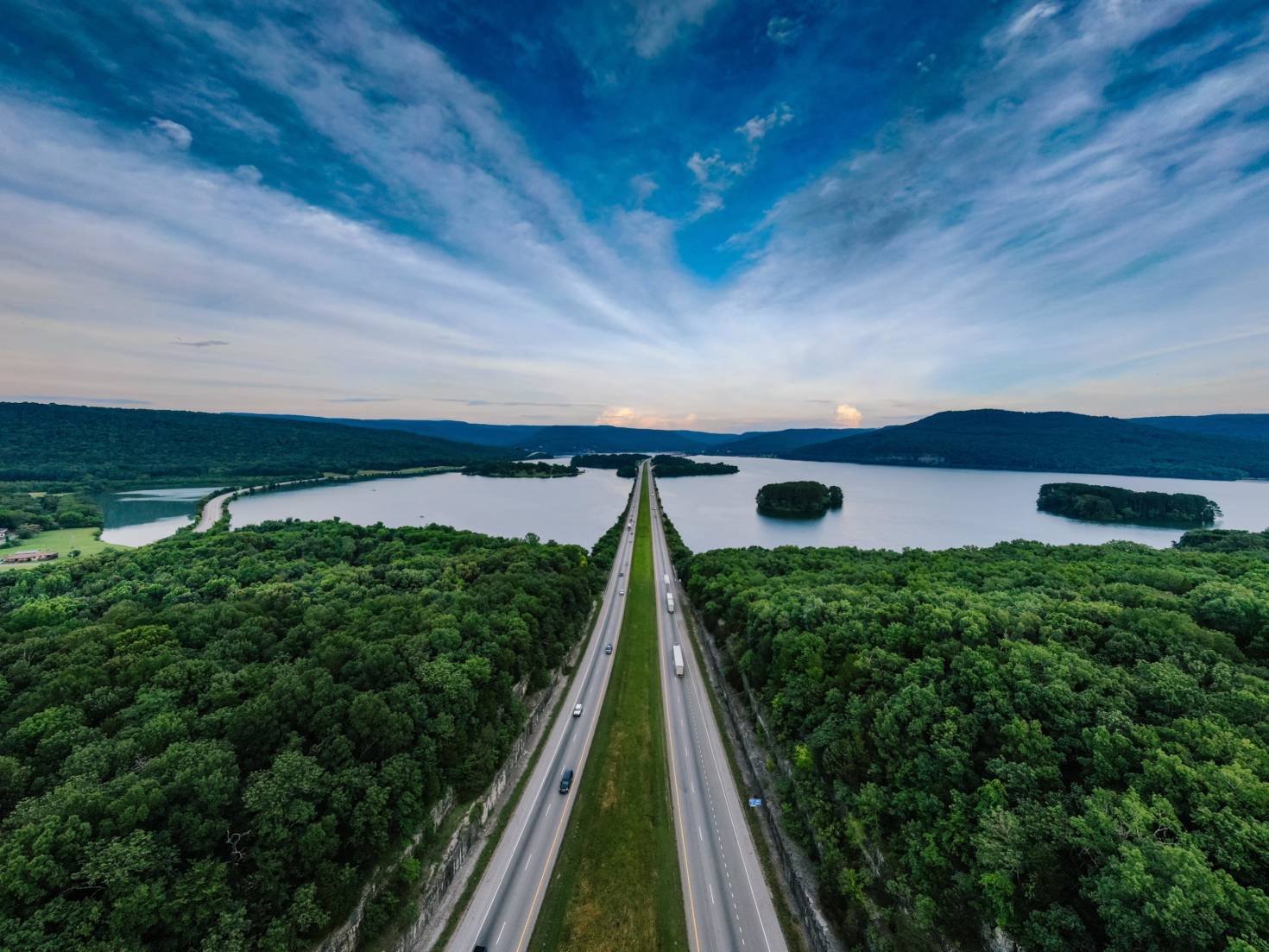
People have used land for many different purposes throughout history. Land use is the intent that people apply to the land available to them. The major types of land use today are agricultural, commercial, recreational, residential, and transport.
Producing crops and raising livestock is one of the oldest forms of land use. Agricultural land is land devoted to the controlled use of any form of life to produce food for people and is often referred to as cropland or farmland. With more than 900 million acres, farmland accounts for approximately 40% of land in the United States, according to the USDA's Census of Agriculture. It’s divided into 2 major categories—cultivable and pasture land. Cropland is used for producing crops such as corn, soybeans, and wheat. Pasture land, or rangeland, is used primarily for cattle grazing by livestock such as cattle, sheep, and horses. To learn more, check out our article on the difference between a ranch and a farm. If you’re in the market for farmland, head over to our agricultural land for sale. Here are a few examples of agricultural land use.
It's also worth mentioning many investors are buying agricultural land as an investment due to its solid history of stable returns. Head over to our blog to find out how to invest in farmland.
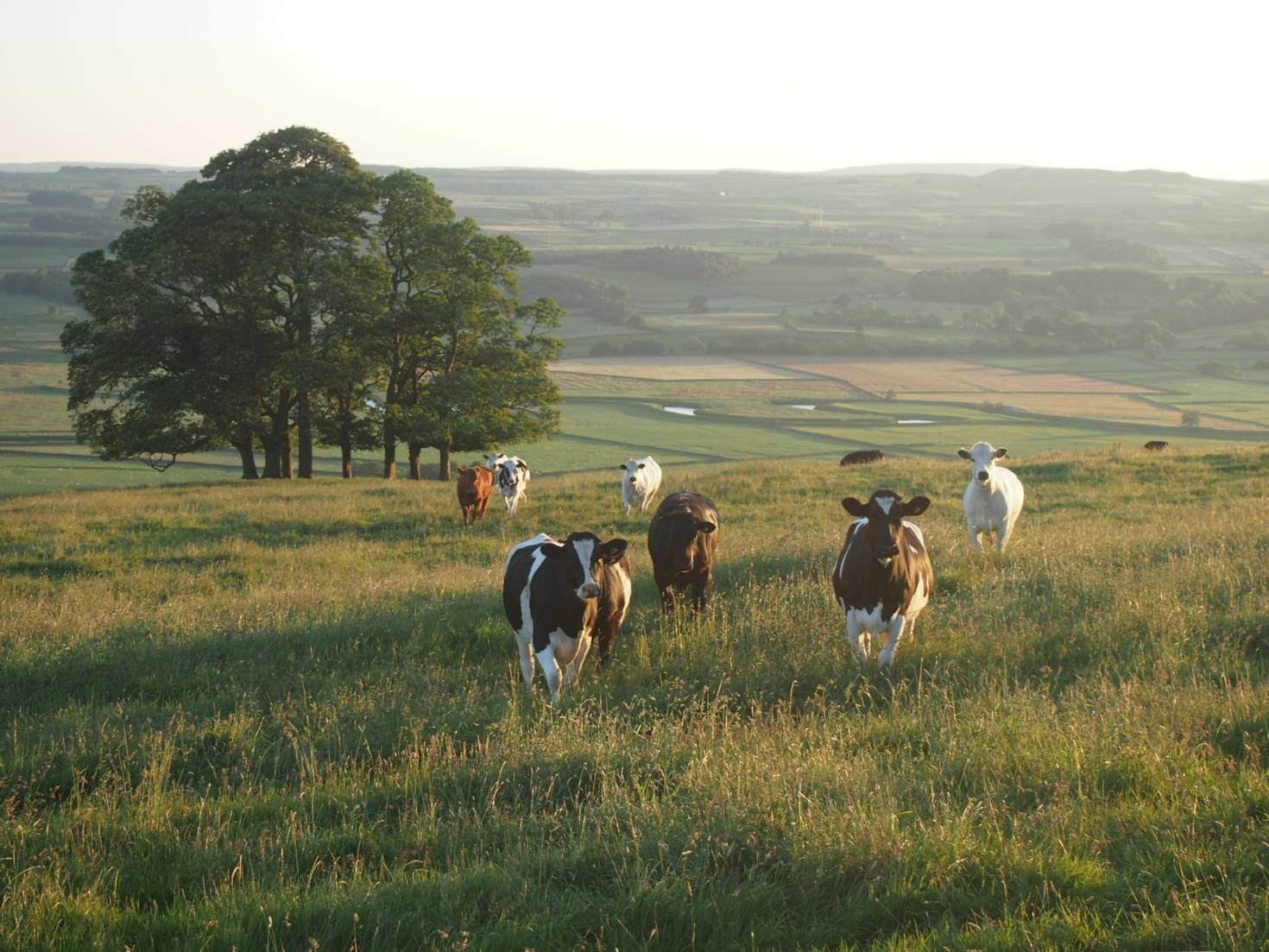
Recreational land is property used for personal enjoyment. The point is to have fun and provide relaxation in the outdoors. This could be privately owned land or property owned by a government entity. It could include anything from city parks and open spaces to national parks and large tracts of hunting land. Ready for your own getaway? Take a look at our recreational land for sale.
Here are some examples of recreational land use.
Commercial land is property that’s used for business activity or commerce. The purpose of this land is to operate income-producing business. Commercial land is often included in city land use planning because it's essential to the health of the local economy.
Land designated as commercial use is often appraised differently and the land values can vary drastically. Even if the land isn't zoned commercial, it could be valuable if it's in the path of economic growth. Commercial property is also a common type of real estate that tends to be leased to produce rental income. If you’re looking to start your own business, our inventory of commercial land for sale is a good place to start.
Here are a few examples of commercial land use.
Residential land is property that either includes a residence or is a good fit to build one. This land is zoned to support primary housing where people live. In many cases, people want to find residential land so they can design their own homes.
Beware, there are often restrictions associated with residential land use. These include the types of materials that can be used to build, minimum or maximum build size, and the type of animals allowed (if any are permitted). Ready to build your dream home? We’ve got you covered with our residential land for sale.
Residential land values can also vary depending on location and other factors. For example, a quarter-acre of beachfront land for sale can be significantly more expensive than the same size lot a few miles inland. Another land type that tends to be expensive is our islands for sale.
Here are a couple examples of residential land use.
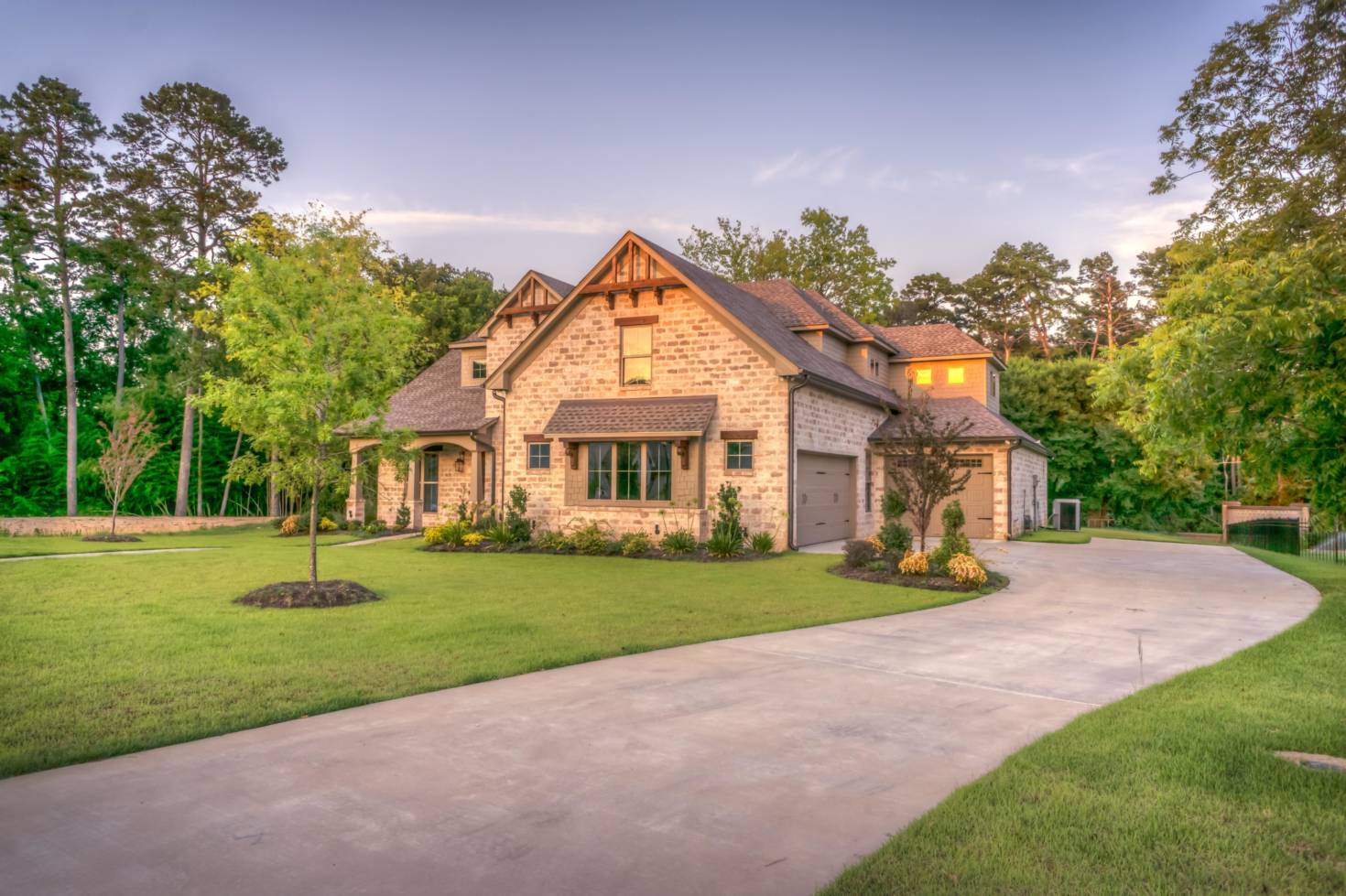
Mixed land use is exactly what it sounds like—a combination of land uses on a single property. Although this could technically include a mixture of any of the types of land mentioned, the most common form is a combination of commercial and residential land use.
Here are several examples of mixed-use land.
People tend to not think about transport land use as much as the other land usages, and it’s often underappreciated (until something goes wrong). People need to be able to get around to live, work, and play in a given location. Products and animals also need to be able to get from one location to another. Transport land is real estate that allows people to travel from one place to another. In other words, it’s used to enable you to get from “A to B.” If you need to go to the office from your house, transportation land is the vehicle that makes it possible.
The majority of transport land is owned by government entities like the city. Often times it takes major land use planning and possibly bringing in land use consultants to maintain, upgrade, or create new transportation land.
If you’re not crystal clear, here are a few examples of transport land use that will probably clear it up for you.
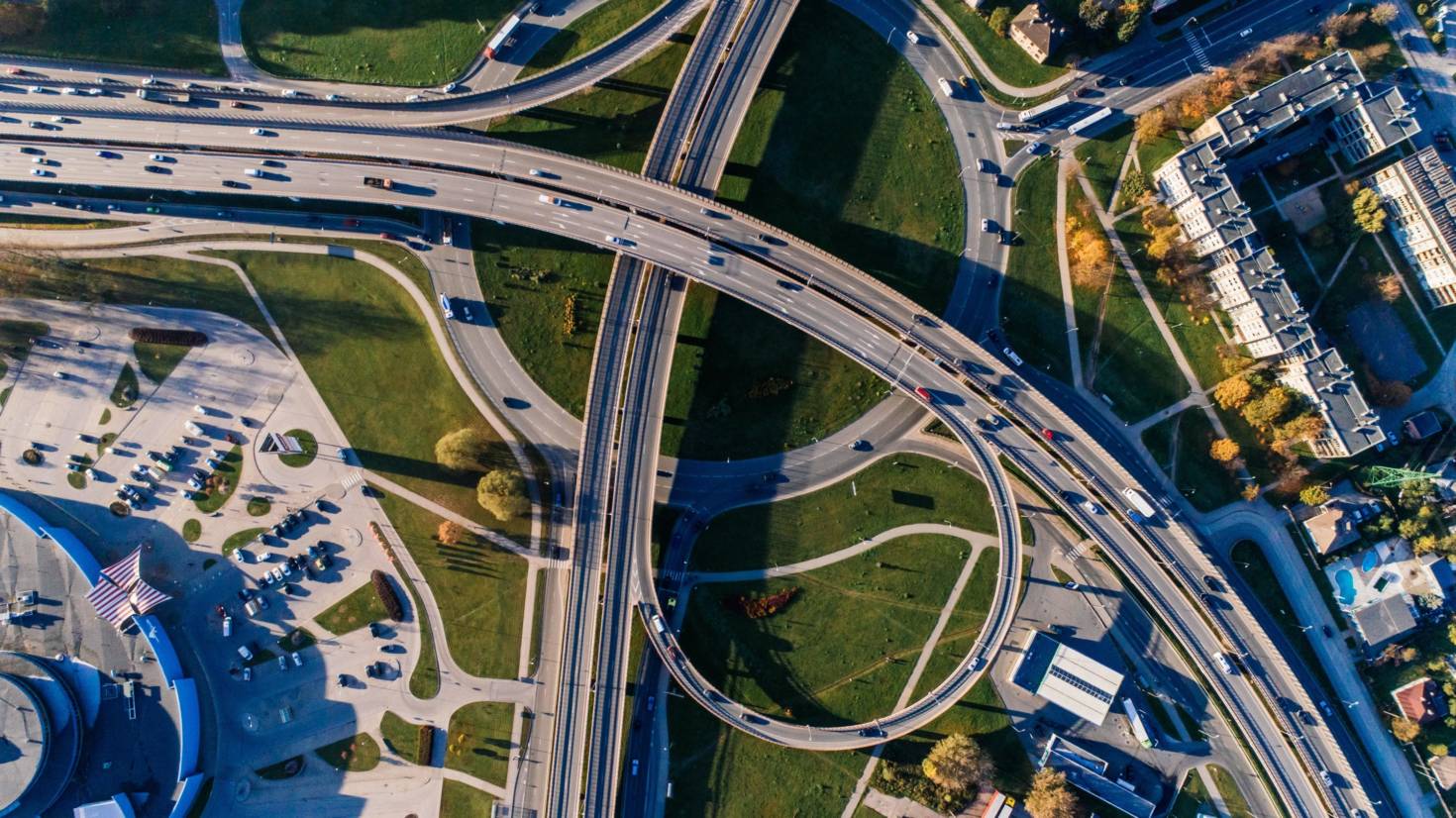
In urban land use, or urban land use planning, the government for example will take a look at the existing land uses in an area. Often they’ll record the data on a land use map. In many cases, they’ll compare the statistics with land use stats from other communities. The goal is to find out what the optimal land use distribution and patterns are and implement them in their own community. This not only prevents land-use conflicts, but can also improve the quality of the area while not harming the environment and its natural resources. It’s important to note major land use changes can impact water resources, ecosystems, and land in general. To learn more read our article discussing land use and water pollution.
If you’re interested, here are the U.S. land use stats of the 2.3 billion total acres according to the latest major uses of land in the United States report from the Economic Research Service. They break the land use classifications down a little differently.
Real estate is a type of real property that includes land and any permanent improvements attached to it. The improvement may be natural or unnatural. This includes not only homes, office buildings, apartments, garages, and other structures, but also trees, minerals, bridges, crops, and fences.
This is opposed to personal property, which is movable. Examples of personal property are farm equipment, livestock, cars, and tools.
This may seem obvious, but you’d be surprised how many people search for the definition of land. The technical definition of land is it’s the solid part of the earth that’s not underwater. Some say an everyday definition of land is real estate minus structures but land can include structures, it’s just the real estate under and around them.
One of the valuable components of land is there’s a limited amount of it. And sometimes it holds precious minerals below the surface. Depending on multiple factors such as location and land use, land can be either extremely valuable, cheap, or somewhere in between. We’ve got a great selection of general land for sale as well as cheap land for sale.
Under all is the land. Upon its wise utilization and widely allocated ownership depend the survival and growth of free institutions and of our civilization. REALTORS® should recognize that the interests of the nation and its citizens require the highest and best use of the land and the widest distribution of land ownership. They require the creation of adequate housing, the building of functioning cities, the development of productive industries and farms, and the preservation of a healthful environment. NAR’s Code of Ethics preamble
Vacant land is a type of real estate with no structures of significant value. It's also referred to as unimproved, undeveloped, or raw land. It has the potential to be a versatile, hands-off asset and often appreciates in value. Some vacant lots are buildable while others aren't depending on the topography and land use and zoning laws.
Although it’s sometimes called raw or undeveloped land, vacant land can be distinguishable from these. Vacant land may be improved with attributes like utilities, driveways, or septic and still be called vacant. If you’re looking for this type of property, check out our vacant land for sale.
Undeveloped land is real estate without any improvements whatsoever. So this means no buildings, driveways, or public utilities. In other words, it lacks development of any kind. It’s nature in its rawest form without significant intervention from people. As stated above, it tends to appreciate in value due to limited supply and growing demand.
This type of land tends to be the most inexpensive. Curious about cheap land? Check out our article to find out which state has the cheapest land.
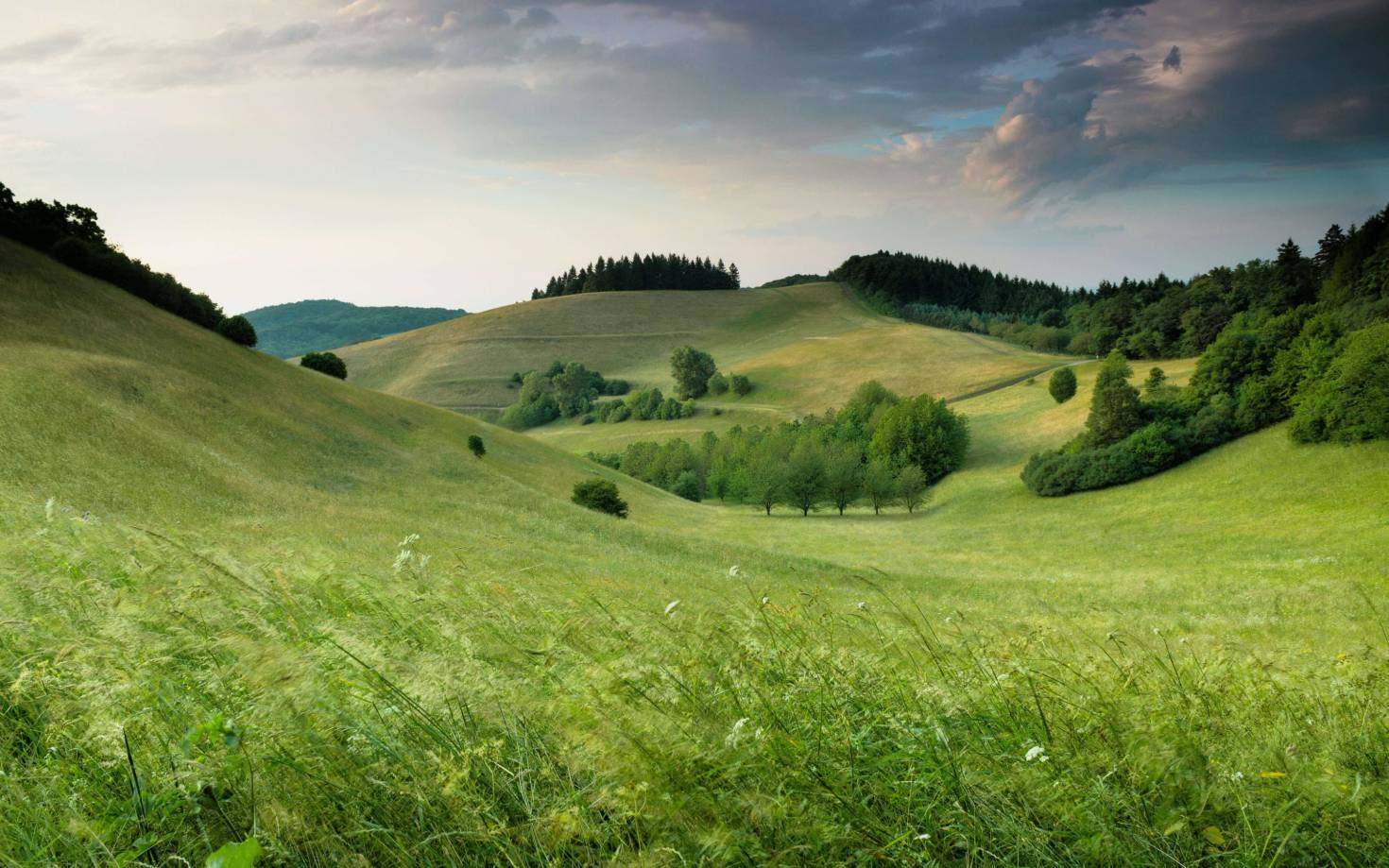
Many of these real estate and land use terms are used interchangeably. If you’re a land investor, it’s important to be aware of that and make sure you’re crystal clear on what a seller means when they use them. Mossy Oak Properties provides an in-depth analysis of Florida's land types and why it's important for land buyers for be knowledgeable about them.
There are many qualities that contribute to how land can be used. Zoning, easements, climate, topography, and biology are a few. Fortunately, there’s land for sale out there for whatever you’d like to do, and the sky’s the limit. Understanding land use policy and property types are a piece of the puzzle to help set you up for success.
CRP land, or land in the Conservation Reserve Program, is when a landowner receives yearly rental payments from the Farm Service Agency in exchange for taking environmentally sensitive land out of agricultural production and planting plant species that will improve the environmental health instead.
A land grant is when a government entity gives land as a gift to a recipient with the requirement that a stated purpose be carried out through the grant. Historically, land grants were given for farming, military service, and establishing colleges and universities. Today, land grants are commonly received for conserving land.
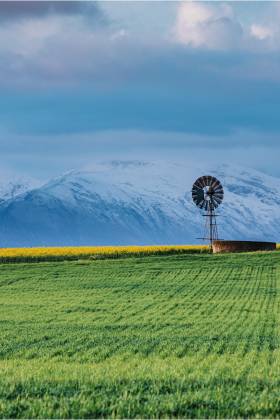
If you're a land investor, looking to get into agriculture, or just interested in land, it's important to be clear on the differences between a farm versus a ranch.
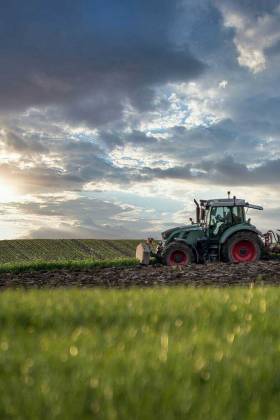
Investors are always looking for diversified assets to weather changing markets. Learn how to invest in farmland and how agriculture can offer investors a low-risk asset.